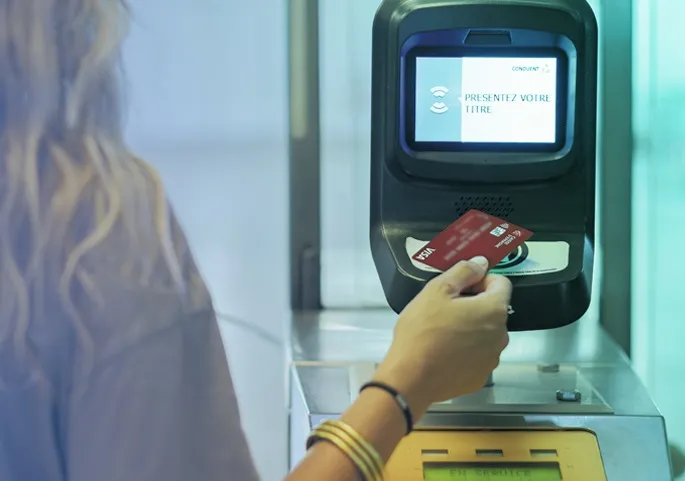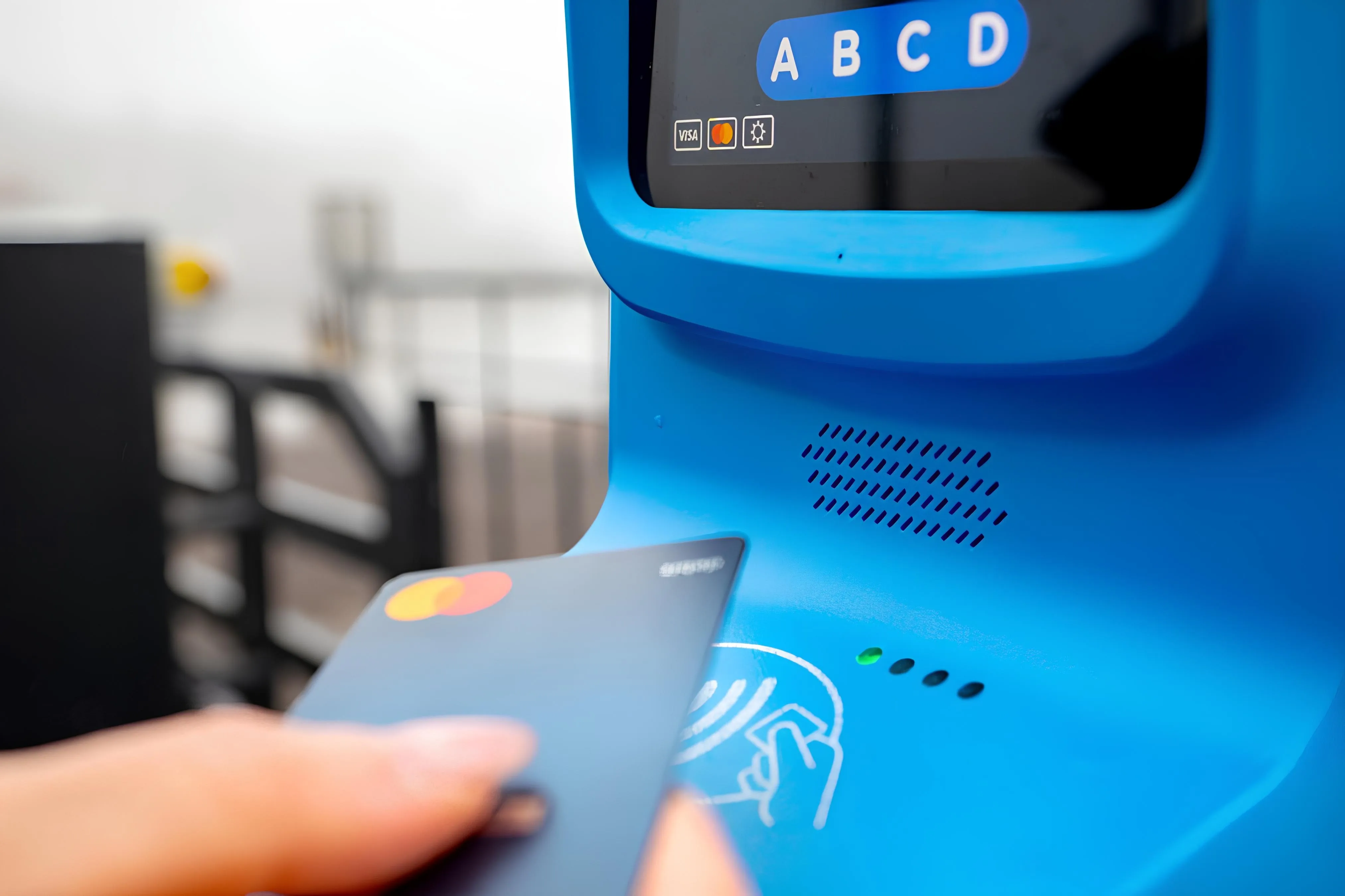
OpenMove has launched Bluetooth validation for its transport app in Trentino, Italy.
The new feature allows users' smartphones to automatically detect the vehicle they have boarded, making the user experience even more seamless, the company says.
It is the first example in Italy on a regional scale, the company says, and among the first in Europe.
The OpenMove app is the tool of the OpenMove Suite mobility platform dedicated to end users.
The app in Trentino is used by more than 100,000 customers and allows travellers to plan journeys on the entire local public transport network in the province of Trento (including urban and suburban buses, cableways and regional trains), browse timetables and purchase travel tickets with a tap and then validate them when boarding the vehicle.
From 5 December, a selected group of users has had access to the Bluetooth validation feature across over 700 vehicles operated by Trentino Trasporti, on top of the other validation methods already in use, such as framing the QR code on board the vehicle and scanning the NFC tag.
After the first weeks of testing, the functionality will be extended to all users of the OpenMove app.
“OpenMove has decided to implement this innovation in the smartest way possible, both for the transport operator and for the ridership,” says Lorenzo Modena, CEO and founder of Rovereto, Northern Italy-based OpenMove.
“The smartphone communicates with the on-board hardware already present and therefore it is not necessary to install additional devices. In the event that
the devices on board do not allow it, there is always the possibility of installing simple battery-powered beacons that emit the Bluetooth signal necessary for validation."
"These devices enable to log ticketing waypoints even without actions by the travellers, enabling a hands-free travel experience," he concluded.








